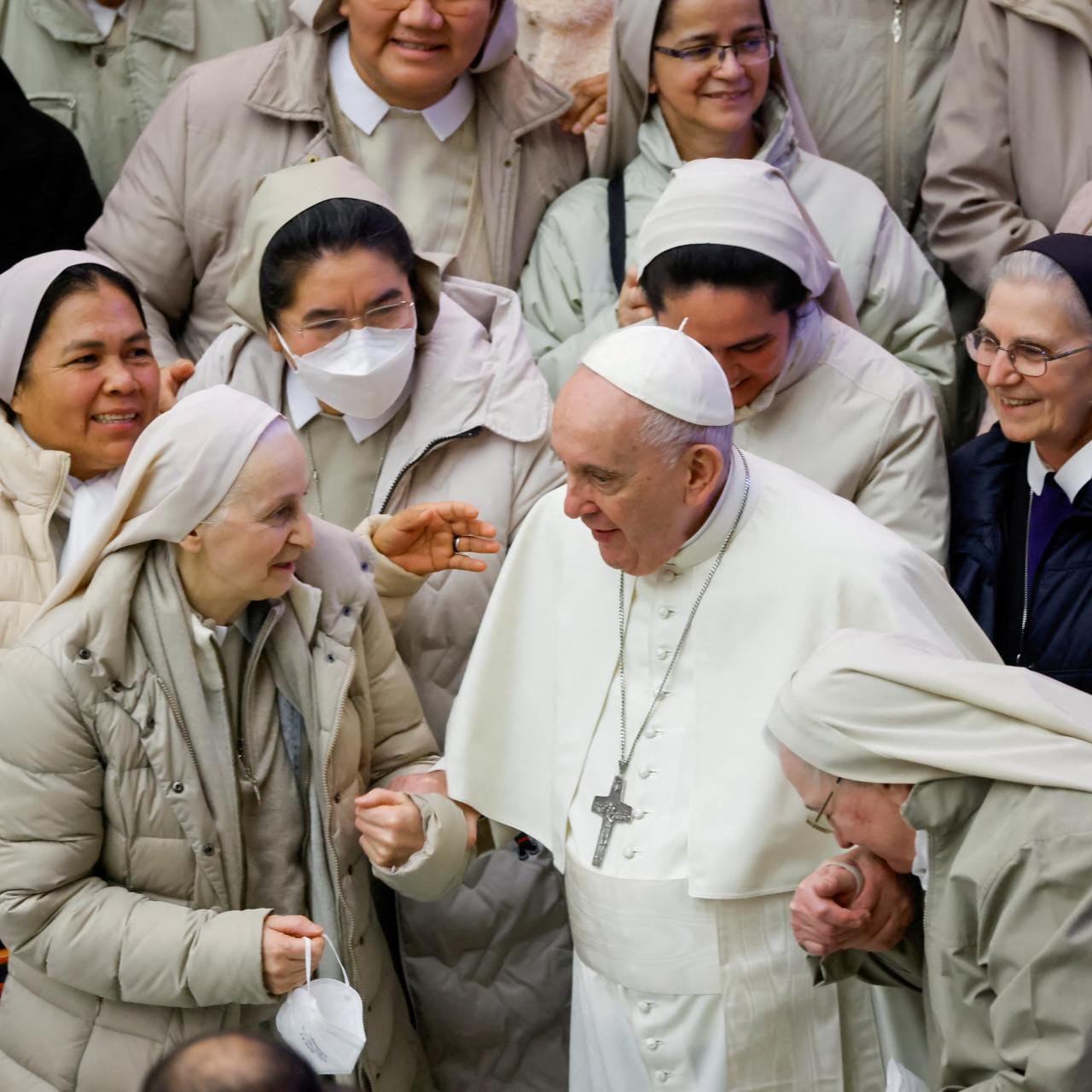Pope Francis, born Jorge Mario Bergoglio on December 17, 1936, in Buenos Aires, Argentina, has become a pivotal figure in the Catholic Church and a significant personality on the global stage. His journey from a modest upbringing in a working-class family to the papacy is a narrative of faith, humility, and determination. Before his election as pope in March 2013, he served as the Archbishop of Buenos Aires and had a reputation for his dedication to social justice, pastoral care, and commitment to the poor.
Taking the name Francis in honor of Saint Francis of Assisi reflects his affinity for poverty and the environment, aligning with his mission to embrace simplicity and a focus on serving others. Upon his election, Pope Francis expressed a vision for the Church that emphasized mercy over judgment, outreach to various communities, and the need for a more inclusive society. His unique approach to leadership is characterized by a willingness to engage directly with believers and non-believers alike, inviting dialogue and fostering a sense of understanding and compassion.
One notable aspect of Pope Francis’s papacy has been his commitment to interfaith dialogue. He has made substantial efforts to build bridges between different religious communities, emphasizing shared values such as compassion, respect, and the pursuit of peace. His landmark meeting with the Grand Imam of Al-Azhar, Ahmed el-Tayeb, in 2019 marked a significant step in promoting religious understanding and cooperation in a world often divided by differing beliefs.
Furthermore, Pope Francis has not shied away from addressing controversial issues that resonate with contemporary society. He has spoken eloquently on topics such as climate change, advocating for environmental stewardship and recognizing the ethical implications of environmental degradation on future generations. His encyclical, “Laudato Si’: On Care for Our Common Home,” released in 2015, has been influential in galvanizing global action towards sustainable practices and deepening awareness of the interconnectedness of humanity’s welfare and the health of the planet.
Additionally, his approach to social issues has sparked discussions within and outside of the Church. Pope Francis has consistently highlighted the importance of social justice, urging attention to the plight of refugees, immigrants, and those living in poverty. His call for the Church to be a “field hospital” serves as a metaphor for his vision of immediate and compassionate care for those in need. This has led to various initiatives aimed at alleviating suffering and promoting social inclusion.
Pope Francis has also addressed contemporary societal challenges, including the role of women in the Church and the issue of clerical abuse. His efforts towards transparency and reform reflect a recognition of past failures and a commitment to ensuring that the Church remains a safe place for all. While these topics remain contentious, his willingness to confront them illustrates a desire for accountability and healing within the Church.
His transformative leadership style is further exemplified by his emphasis on synodality, an approach that encourages participative decision-making and collective discernment within the Church. The Synod on Synodality, initiated in 2021, aims to foster a more inclusive and representative Church, prompting dialogue at all levels of the Catholic community and inviting the faithful to engage in discussions on the Church’s future.
Pope Francis’s outreach efforts extend beyond the confines of the Vatican. He has utilized modern communication platforms to connect with people around the world, leveraging social media to share messages of hope, compassion, and love. This shift towards utilizing contemporary tools for pastoral care has allowed him to reach broader audiences, engaging younger generations and those who may feel disconnected from traditional ecclesiastical structures.
As a global leader, Pope Francis has also addressed critical global challenges, emphasizing the importance of peace and unity in an era marked by conflict and division. His advocacy for dialogue over violence echoes his belief in the power of love and understanding among nations. His messages during international visits often focus on reconciliation and the importance of working together to address shared concerns such as poverty, inequality, and environmental degradation.
Over the years, Pope Francis has faced both admiration and criticism for his stances on various issues. His calls for more inclusive practices within the Church and changes in the Church’s traditional approach have met with mixed reactions. Nonetheless, his humility and willingness to listen to diverse perspectives — including voices that challenge established norms — showcase his commitment to transformation.
In conclusion, Pope Francis embodies a vision of leadership rooted in compassion, humility, and a profound commitment to social justice and environmental stewardship. His papacy continues to influence not only the Catholic Church but also global discussions about faith, community, and responsibility towards one another and the planet we share. Through his journey, Pope Francis invites us all to embrace a more compassionate world, fostering understanding and dialogue amid the complexity of contemporary challenges.


